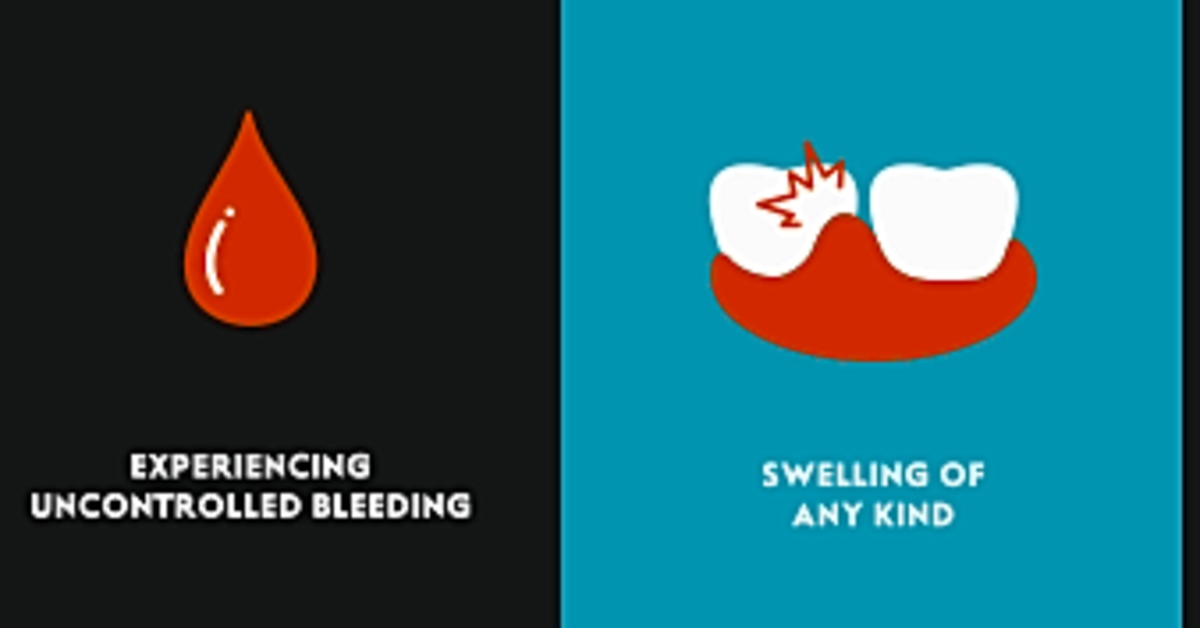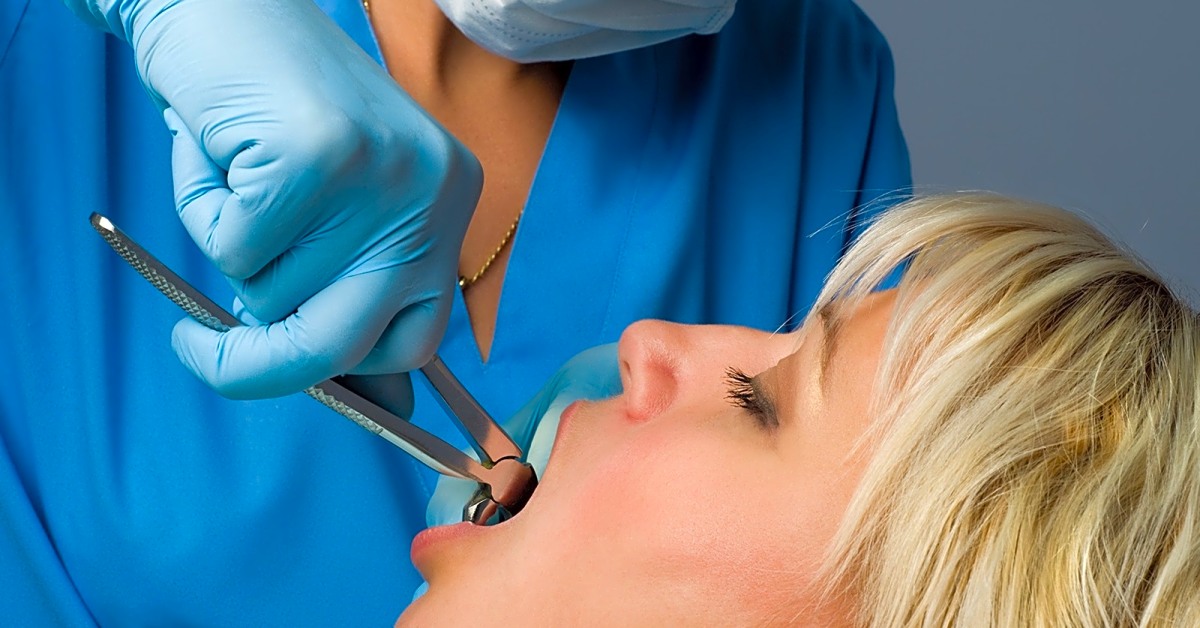However, you should be aware that you can still do this. The good news is that many dental plans include provisions for urgent or out-of-hours treatment. However, you should be aware that you may still owe a deductible, a copayment, or a large percentage of the cost of emergency treatment. If you need emergency dental care and go to the emergency room (ER), the emergency room will treat you and then bill your health insurance.
The emergency room is unlikely to be able to treat a dental problem unless it is a health emergency. You can take temporary steps to reduce pain until you can see a dentist. Your coverage depends on your health insurance plan. You can either check your insurance documents or website, or call your insurance customer service to verify insurance coverage.
Things like severe toothache, an injury in which one or more teeth were knocked out, an infected tooth abscess are just a few examples of possible dental emergencies. On the other hand, a filling that fell out, a small chipped tooth, or a broken wire on a brace could be things that can wait until your dentist has an appointment. However, always talk to your dentist for instructions on what action to take. Humana Group’s dental plans are provided by Humana Insurance Company, Humana Insurance Company of New York, The Dental Concern, Inc. Individual and family health and dental insurance is offered by Cigna Health and Life Insurance Company (CHLIC), Cigna HealthCare of Arizona, Inc.
If you have a PPO or DHMO plan and have available benefits, it’s important to know that at least part of your emergency visit may be covered. Talk to your dentist if you have a toothache, an injury, or trauma to your mouth that includes broken or missing teeth, cuts, and other damage. In addition to your insurance plan, your dentist may offer additional financing options to pay for emergency care. A falling tooth, toothache, a chipped tooth, or pain from a dental crown can be serious dental problems, but not necessarily an emergency. So it’s best to review your options ahead of time.
For example, many dentists work with CareCredit, an independent financing organization that offers low-interest and interest-free dental care loans. This website was developed by the New Hampshire Insurance Department and the University of New Hampshire Mobile Development Team and is maintained by the Department in collaboration with the Human Services Research Institute. To better understand what to expect in the event of a dental emergency, you must first consider what type of plan you have. If you have toothache, it’s important to know whether you need emergency dental care and whether your dental insurance covers you.
Even if your insurance plan doesn’t cover dental emergencies — or if you don’t have insurance — you can still get the urgent care you need without breaking the bank. Check your dental insurance to find out how dental emergencies are covered and how much you and your plan can pay for emergency dental services. Luckily, your dentist and his team can help you figure out which financial option also makes the most sense for your wallet.


